Movies by Alfred Hitchcock
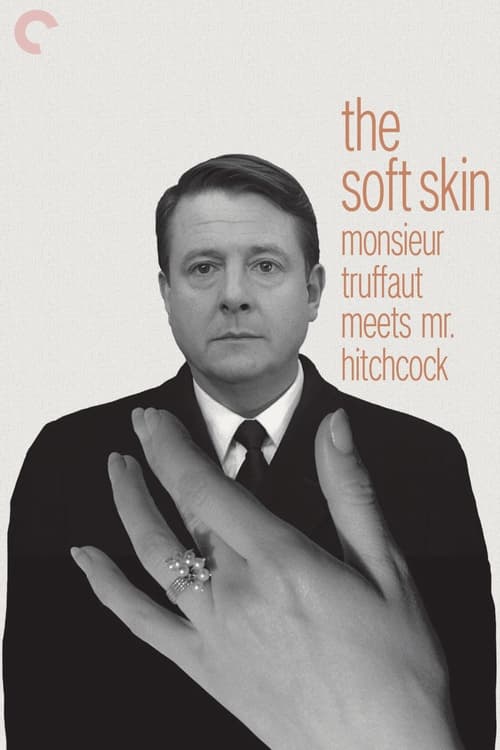
Monsieur Truffaut Meets Mr. Hitchcock
When Francois Truffaut approached Alfred Hitchcock in 1962 with the idea of having a long conversation with him about his work and publishing this in book form, he didn't imagine that more than four years would pass before Le Cinéma selon Hitchcock finally appeared in 1966. Not only in France but all over the world, Truffaut's Hitchcock interview developed over the years into a standard bible of film literature. In 1983, three years after Hitchcock's death, Truffaut decided to expand his by now legendary book to include a concluding chapter ...
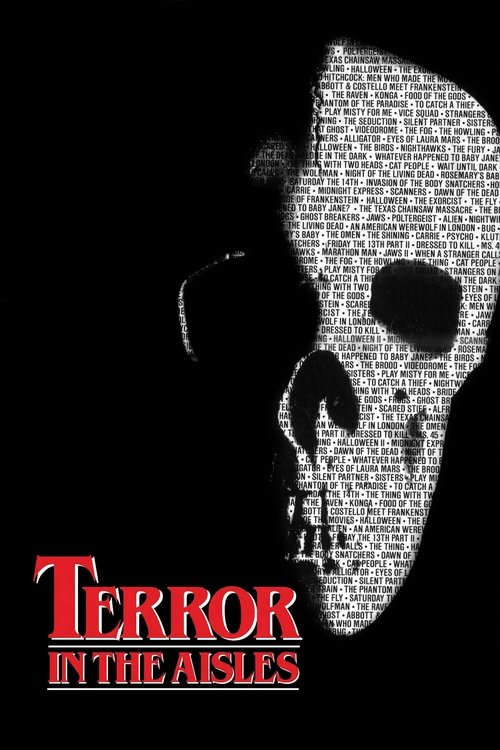
Terror in the Aisles
A non-stop roller coaster ride through the scariest moments of the greatest terror films of all time.

The Pervert's Guide to Cinema
A hilarious introduction, using as examples some of the best films ever made, to some of Slovenian philosopher and psychoanalyst Slavoj Žižek's most exciting ideas on personal subjectivity, fantasy and reality, desire and sexuality.
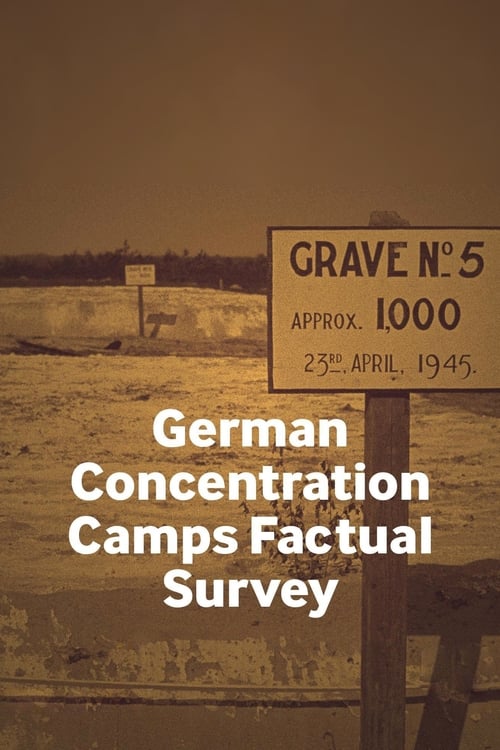
German Concentration Camps Factual Survey
On the 29th September 1945, the incomplete rough cut of a brilliant documentary about concentration camps was viewed at the MOI in London. For five months, Sidney Bernstein had led a small team – which included Stewart McAllister, Richard Crossman and Alfred Hitchcock – to complete the film from hours of shocking footage. Unfortunately, this ambitious Allied project to create a feature-length visual report that would damn the Nazi regime and shame the German people into acceptance of Allied occupation had missed its moment. Even in its incom...
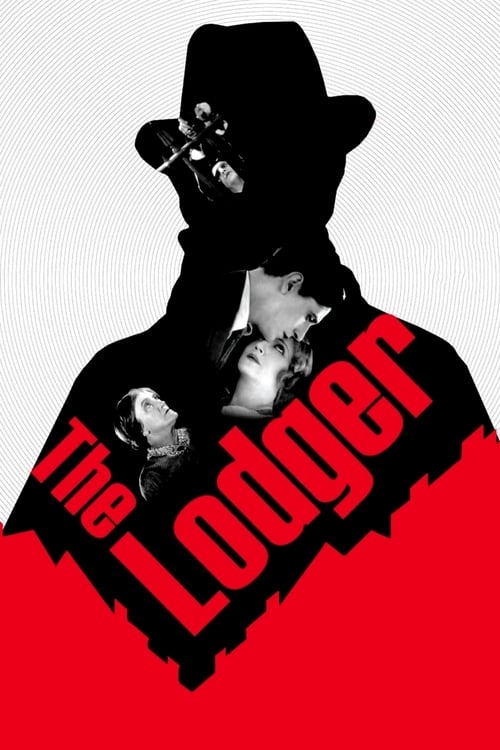
The Lodger: A Story of the London Fog
London. A mysterious serial killer brutally murders young blond women by stalking them in the night fog. One foggy, sinister night, a young man who claims his name is Jonathan Drew arrives at the guest house run by the Bunting family and rents a room.
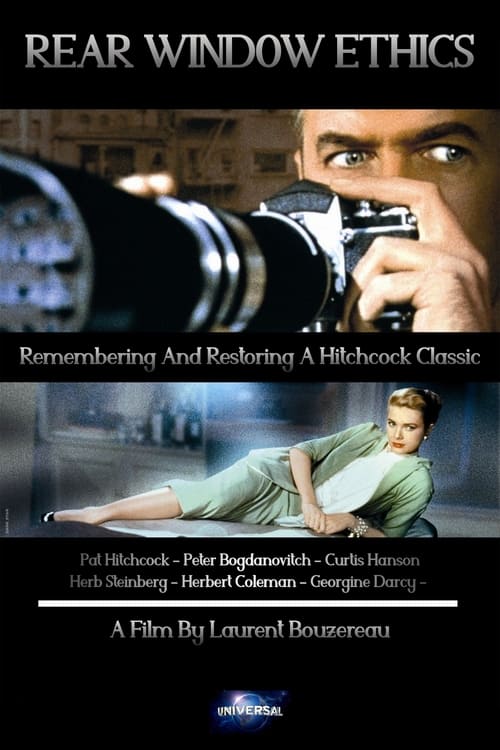
'Rear Window' Ethics: Remembering and Restoring a Hitchcock Classic
A documentary about Alfred Hitchcock's classic 1954 film Rear Window.
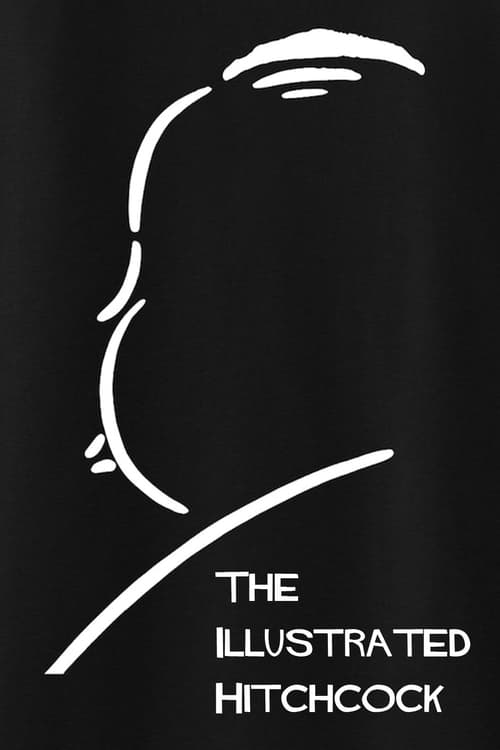
The Illustrated Hitchcock
Film director Hitchcock discusses his life and career in long talks with Pia Lindstrom (newscaster and daughter of Hitchcock star Ingrid Berman) and with film historian William Everson. Excerpts from several films illustrate these interviews. Discussion topics include: what is fear?, method acting vs. film acting, the difference between the usual "Who Done It" mystery and what he considers to be real suspense. His choice of leading ladies and why (Bergman, Baxter, Kelly, Marie Saint, Leigh, etc.).
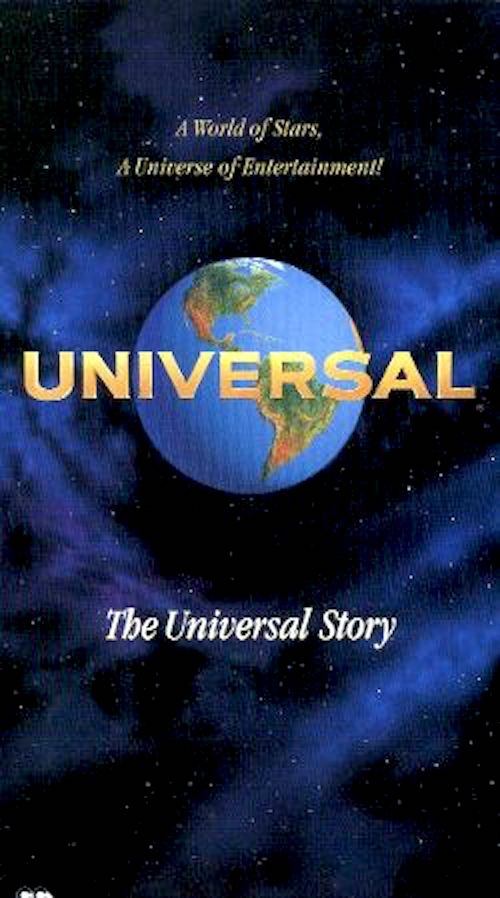
The Universal Story
Richard Dreyfuss hosts a celebration of the 80 year history of Universal Studios. Founded as IMP by Carl Leammle to oppose Edison's Motion Picture Tust, it soon grew under the leadership of 21 year old production head Irving Thalberg with classic silents from artists like John Ford, Erich Von Stroheim, and Lon Chaney and prospered further in the Sound Era under the leadership of Carl Leammle Jr. with such classics as "All Quiet on The Western Front," "Showboat," and the studio's signature monster franchises, "Frankenstein" and "Dracula."
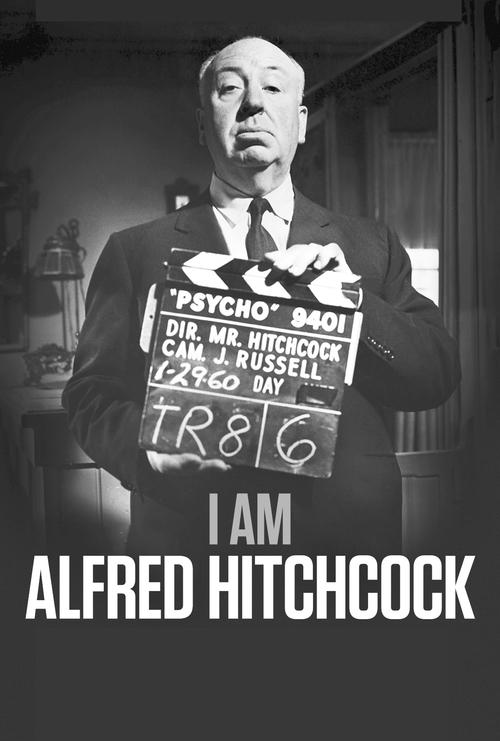
I Am Alfred Hitchcock
Interviews and archival footage weave together to tell the story of the Master of Suspense, one of the most influential and studied filmmakers in the history of cinema.

Hitchcock, Selznick and the End of Hollywood
Paying homage to two of Hollywood's central icons, the film creates an unparalleled portrait of two very different personalities amidst the demise of the studio system.
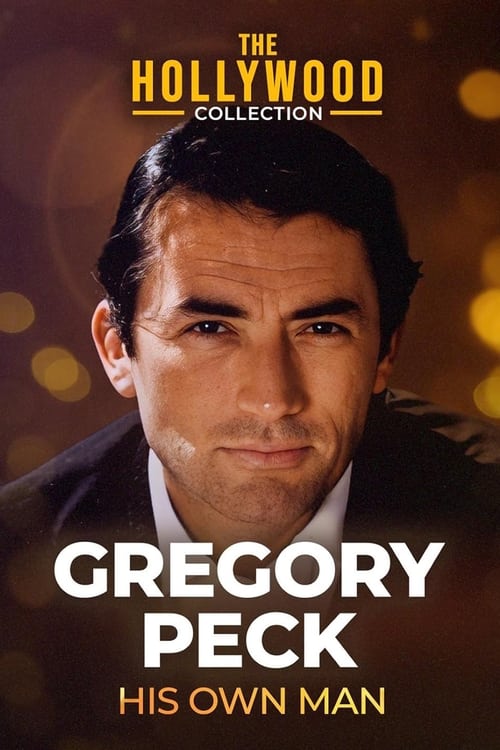
Gregory Peck: His Own Man
Talented and enduring Academy Award-winning star, Gregory Peck, tells how it was when studios ruled and a shy boy from a broken family could rise to become a famous leading man. Unfashionably modest, Peck describes his fascinating journey from early theater roles, through his first films, to Hollywood’s elder statesman.

Becoming Hitchcock: The Legacy of Blackmail
Narrated by historian, critic and filmmaker Elvis Mitchell, Becoming Hitchcock reflects the development of the iconic filmmaker's signature style, through the making of one of his benchmark films, Blackmail (1929). The documentary highlights the birth of the "Hitchcock Touch" at a period when talking pictures first emerged and explores his trademark themes, like such as murder, suspense and cool blondes. While focusing on Blackmail, the documentary reveals how this film also foreshadows the director's later masterpieces, from Psycho to North...
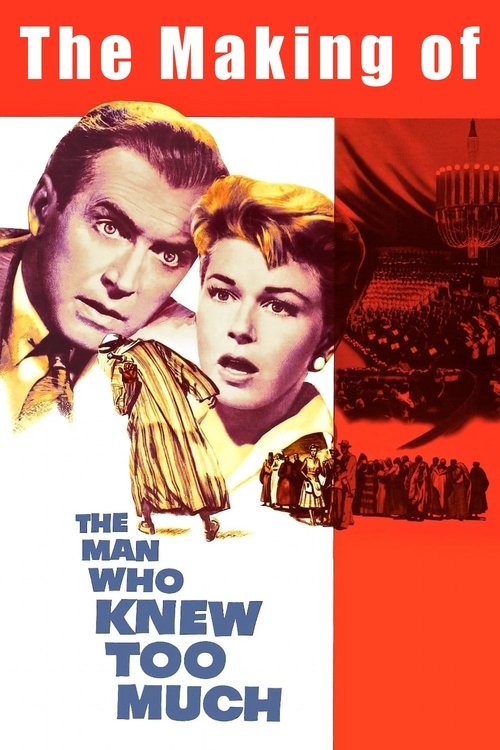
The Making of 'The Man Who Knew Too Much'
The making of Alfred Hitchcock's 1956 film 'The Man Who Knew Too Much'.
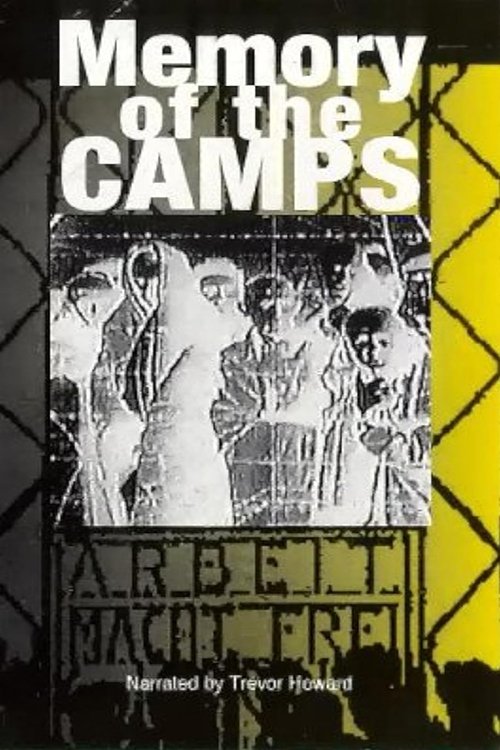
Memory of the Camps
In 1945, Allied troops invaded Germany and liberated Nazi death camps. They found unspeakable horrors which still haunt the world’s conscience. A film was made by British and American film crews who were with the troops liberating the camps. It was directed in part by Alfred Hitchcock and was broadcast for the first time in its entirety on PBS FRONTLINE in 1985.
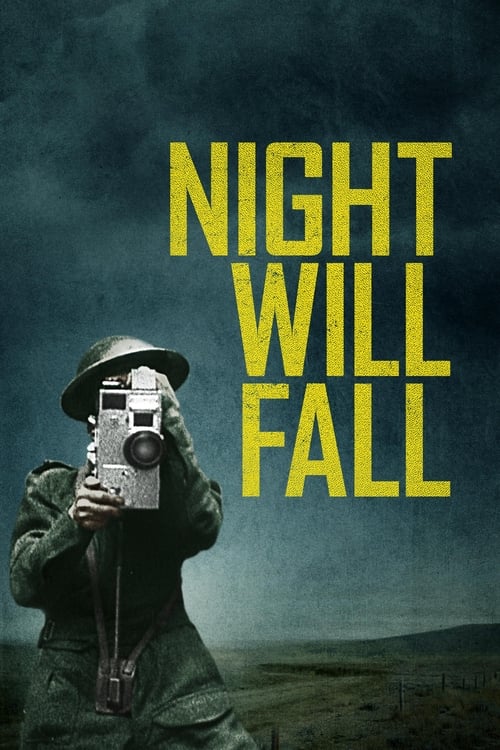
Night Will Fall
When Allied forces liberated the Nazi concentration camps in 1944-45, their terrible discoveries were recorded by army and newsreel cameramen, revealing for the first time the full horror of what had happened. Making use of British, Soviet and American footage, the Ministry of Information’s Sidney Bernstein (later founder of Granada Television) aimed to create a documentary that would provide lasting, undeniable evidence of the Nazis’ unspeakable crimes. He commissioned a wealth of British talent, including editor Stewart McAllister, writer ...
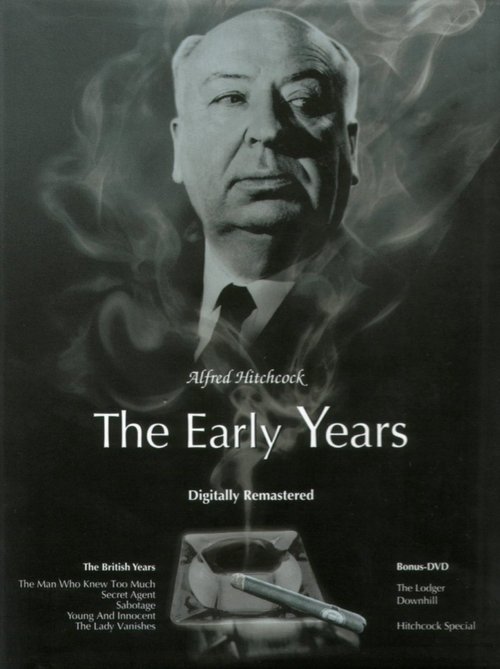
Hitchcock: The Early Years
This documentary covers Hitchcock's early British career, up to his move to America in 1940.
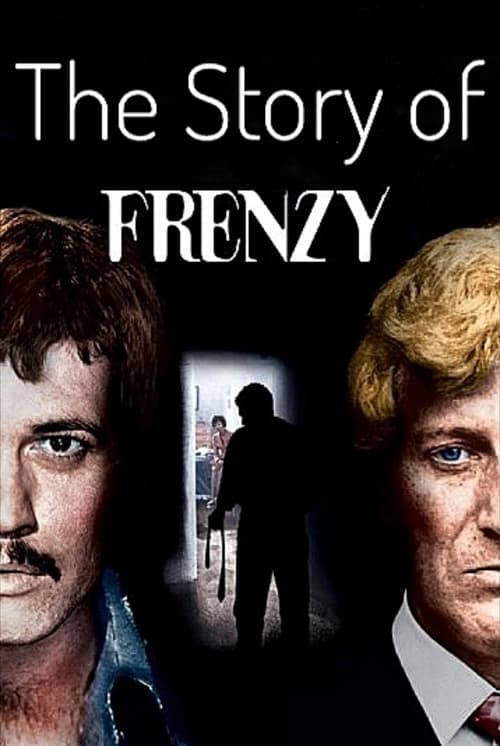
The Story of 'Frenzy'
Documentary about the making of Alfred Hitchcock's 'Frenzy'.
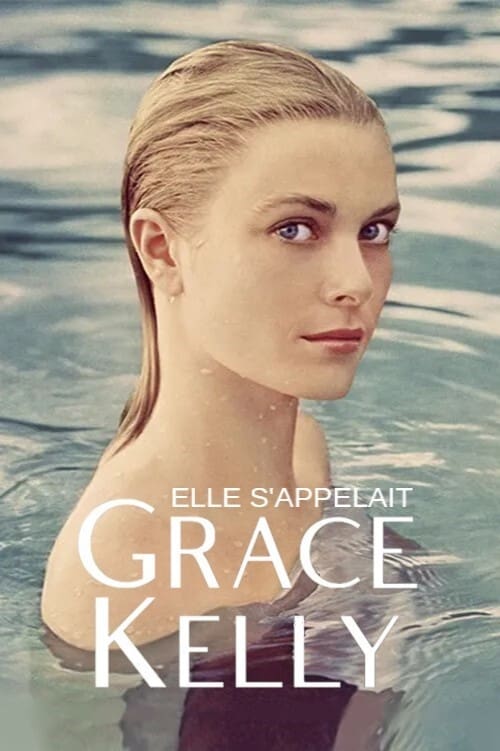
Her Name Was Grace Kelly
Considered one of the most beautiful actresses of her time, Grace Kelly remains an icon today. Her life and career are well documented, from her work in Hollywood to her marriage to Prince Rainier and her tragic death in a car accident in 1982. But do we know the inside story? Who really was Grace Kelly?

Grace Kelly – Hollywoods tragische Prinzessin
Exploring the life of Grace Kelly, the Hollywood star who became Princess Grace of Monaco. The film covers Kelly's life from her time as a star to her marriage and ascension to princess.